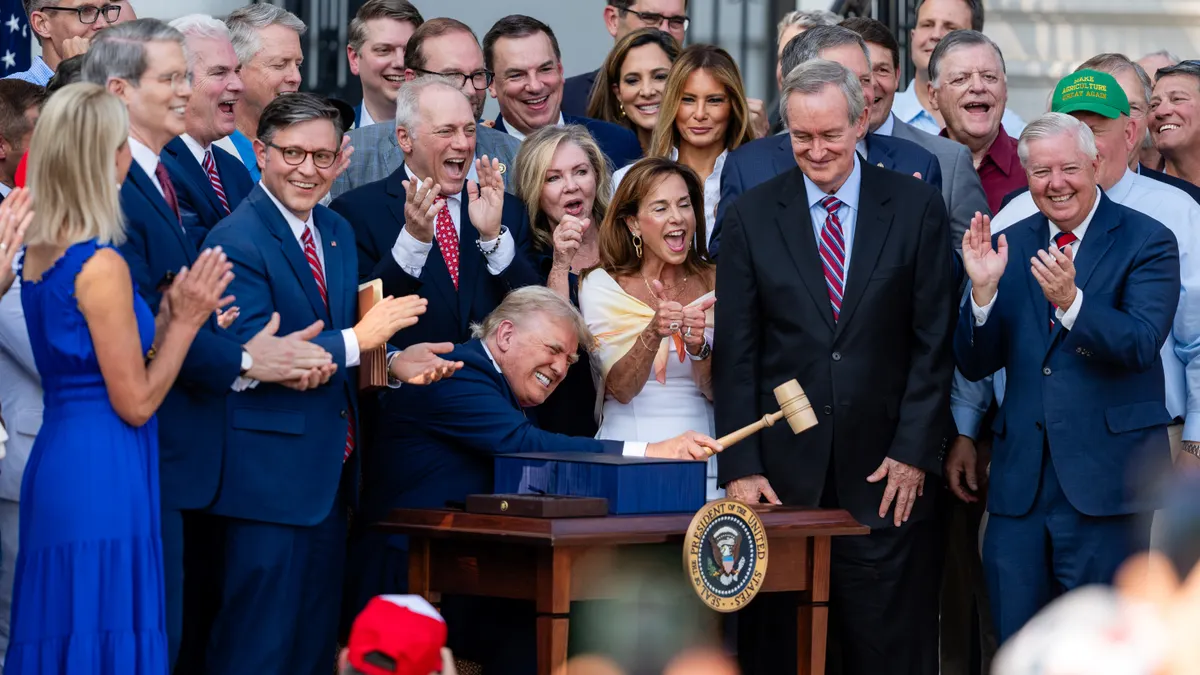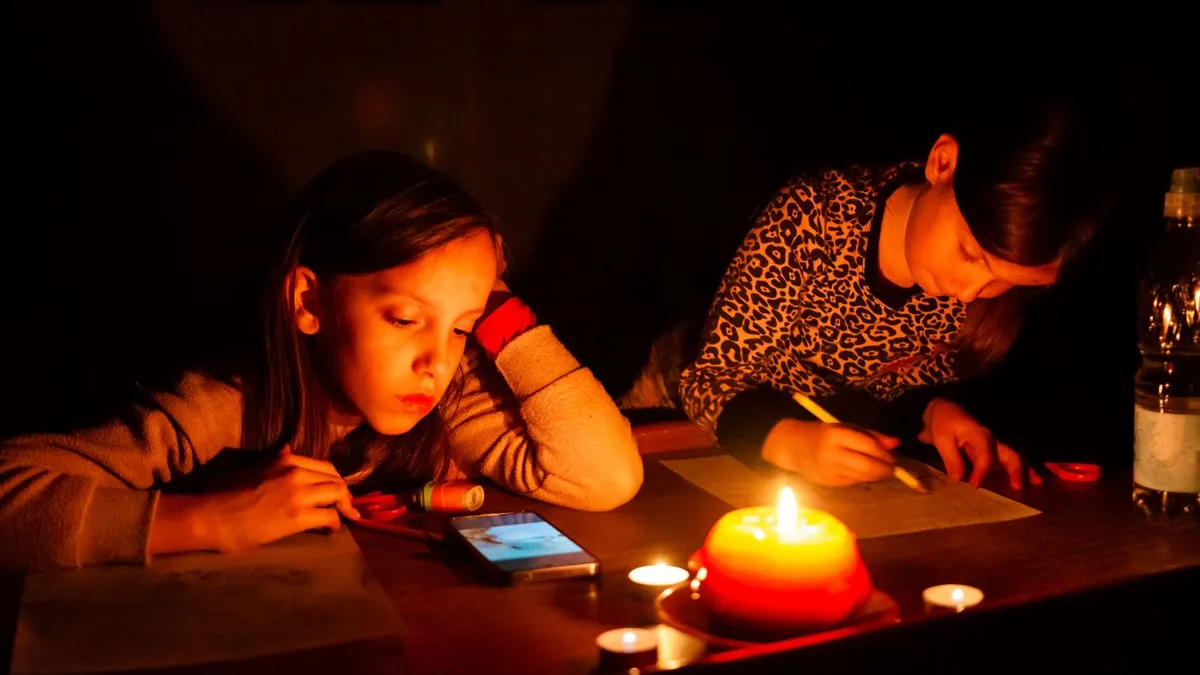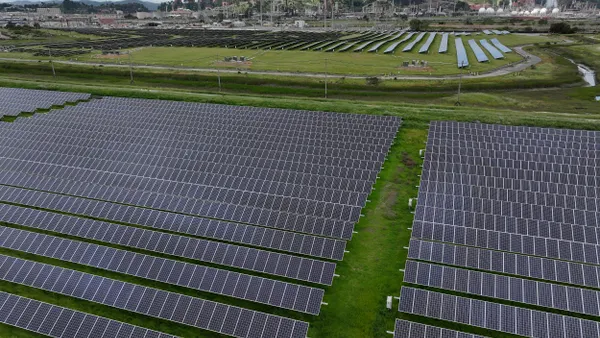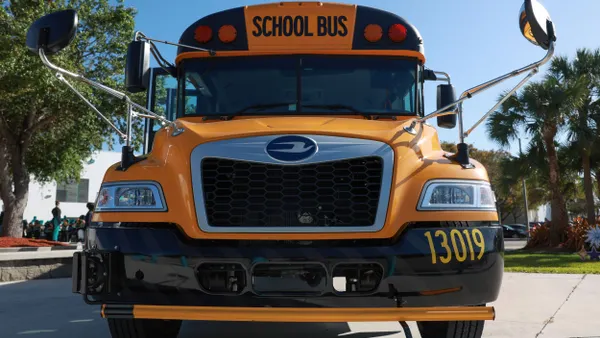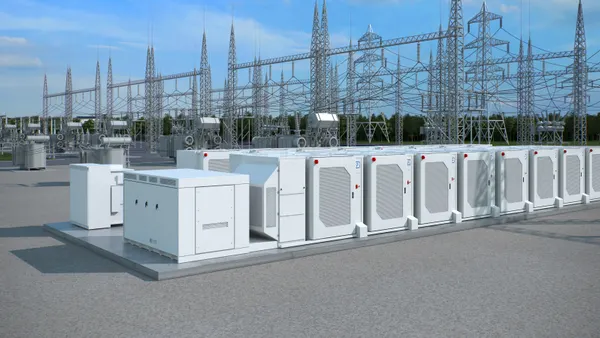A previous version of the headline and post incorrectly identified Simple Energy as the company building the virtual power plant.
Dive Brief:
- Simply Energy will develop an 8 MW virtual power plant in South Australia, making it the third similar project developed in the state, along with Tesla's massive 100 MW / 129 MWh storage project completed last year.
- The Australian Renewable Energy Agency (ARENA) yesterday announced $7.7 million in funding for Simply's project, which is expected to be operational by the end of 2019.
- In total, the project will cost $23 million project to develop, and plans to install Tesla Powerwall 2 home batteries to up to 1,200 homes in the city of Adelaide. The resource would consist of a mix of demand response capabilities and battery capacity.
Dive Insight:
South Australia is working to integrate renewables, storage and demand response in an effort to stabilize energy for its capital city of Adelaide, where most of the state's people reside.
Simply's VPP will consist of 1,200 residential Powerwalls, giving it 6 MW of storage. Another 2 MW of demand response capacity will be developed with 10 commercial businesses. The project is expected to be complete by the end of next year.
The VPPs will help to maximize the amount of solar energy consumed, and ARENA said the three-year trial with Simply will give South Australia Power Networks "greater visibility of behind the meter battery storage and access to those batteries as distributed energy resources that can be used to address local network constraints and manage demand."
ARENA previously provided $5 million in funding for AGL to establish a 1,000-household VPP, and Simply's plan will build on that.
Tesla has also been in talks to develop a 50,000-household virtual plant that could deliver 250 MW of solar and 650 MWh of storage. Electrek.co, however, reports the project's prospects are uncertain after a change in government in South Australia. Tesla will go ahead with the rollout of the initial 1,100 Powerwalls.
The company also last year completed a 100 MW/129 MWh battery facility designed to stabilize the electric grid in the state. Stoking interest in the project, Tesla CEO Elon Musk won a high profile bet after declaring the storage facility would be "built and working" within 100 days of contract signature. If he failed, Musk had promised to foot the bill for the $50 million project.




